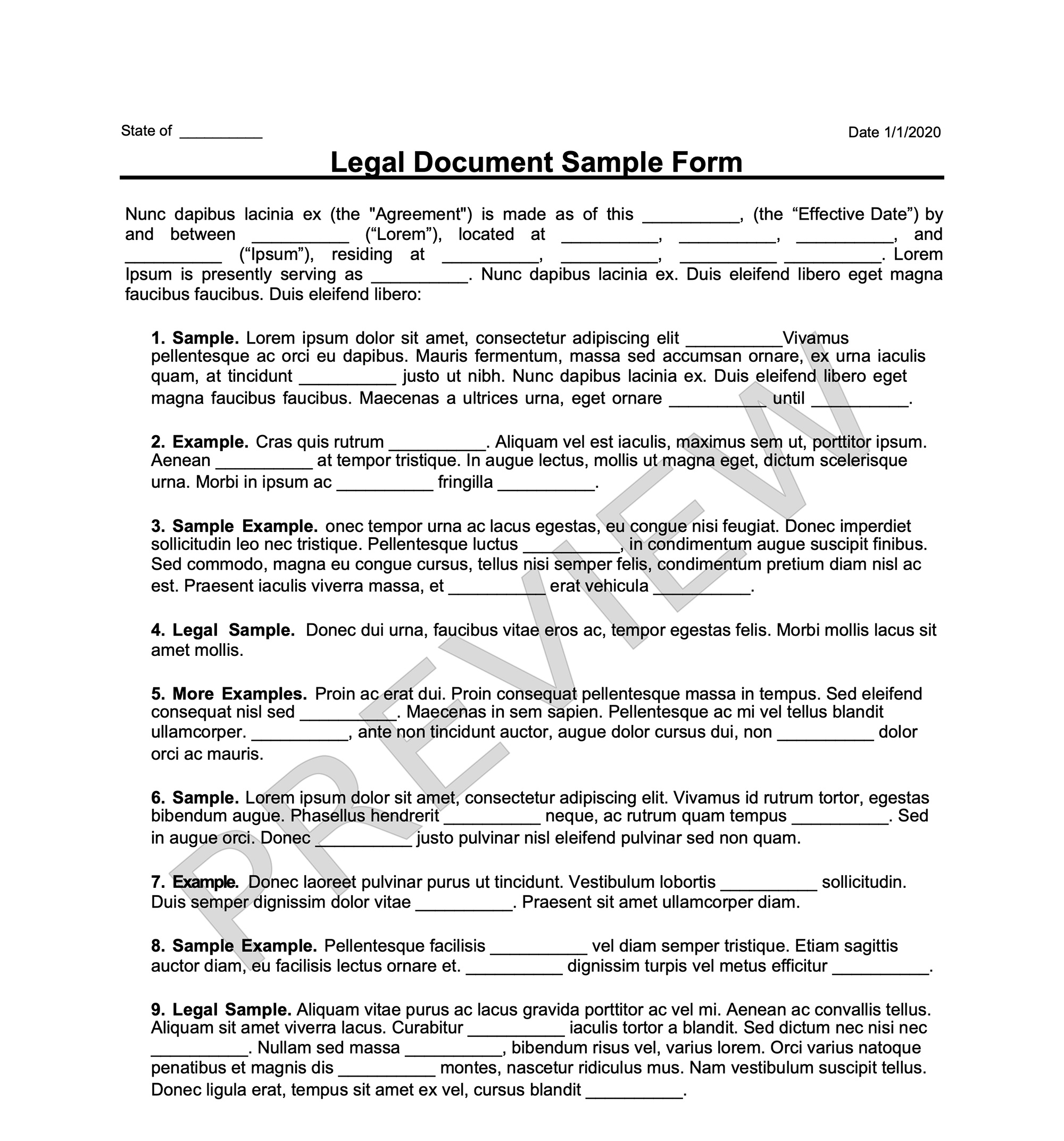
A Pet Custody Agreement explains what happens to co-owned pets in the event that the owners are to separate.





The process of separation for spouses or cohabitation partners can be complicated in many ways. One of these challenging ways is deciding the custody rights of a pet or pets. This could also be a concern with long-term roommates who plan to live separately after having shared a pet for a long time.
The law sees pets as personal properties. Even though that seems unreasonable to many people attached to their pets, emotions are unlikely to sway a court's decision on the matter. You will need a Pet Custody Agreement if you share one or more pets with someone at home.
The Pet Custody Agreement is a legally binding contract between the co-owners of one or more pets. The document protects the pet's best interest in the event of the owners living separately.
You might think there's an understanding of who will get the pet in the event of separation, but things can get complicated in a break or divorce proceeding. In this respect, a Pet Custody Agreement's goal is to consider the pet's safety and well-being first and foremost. If you own other pets, you also have to consider how the separation will affect all of them. The same applies to children and their welfare vis-à-vis the pet or pets.
Depending on your state, a Pet Custody Agreement may also be known as:
The Pet Custody Agreement is a useful document for everyone who has decided to purchase or adopt a pet with their partner or roommate. Creating a fair and balanced agreement can make a potential separation easier on everyone, especially the pet.
Create your own documents by answering our easy-to-understand questionnaires to get exactly what you need out of your Pet Custody Agreement.
Laws vary by location. Each document on 360 Legal Forms is customized for your state.
All you have to do is fill out a simple questionnaire, print, and sign. No printer? No worries. You and other parties can even sign online.
A Pet Custody Agreement requires details about the pet and the owners. It should also clearly outline what happens to the pet if the owners go their separate ways.
Let 360 Legal Forms help with our extensive library of attorney-vetted legal forms. The process is fast and easy. All you have to do is fill out our easy-to-understand questionnaire. Once complete, simply download your form as a PDF or Word document from your secure online account.
To create your document, please provide:
Every co-owner of the pet must sign the Pet Custody Agreement to make it legally binding. You may want to understand all of the terms of the agreement before you sign. Notarization is not required, but you can include a witness signature.
You do not have to file the Pet Custody Agreement with any government body. It is recommended for all parties to retail a physical copy of the agreement in case of a dispute.
If a marriage or partnership ends on bad terms, jointly owned pets can often become collateral damage. Without a Pet Custody Agreement, either party can claim to be the pet's primary owner. Given the fact that most courts view pets as personal properties, the judge will ask for proof of who bought the pet and when. If you had your pet long before you entered the relationship, you'd likely be able to keep your pet as the primary owner. However, sometimes the other party may be able to prove that they took care of most of the pet’s needs in arguing for ownership rights. Other consequences of not having a Pet Custody Agreement may include traumatic separation of pets from children and perhaps even the pets having to be put up for adoption absent an equitable resolution.
If a couple decides to adopt or purchase a pet together, it is best to create a Pet Custody Agreement right away to avoid future problems. They should have an honest conversation regarding who will have the best living situation post-separation for the pet's needs. If one person has a smaller apartment and will be away from home most of the day, that person might not objectively be the best choice for the primary pet owner.
If one of the pet owners breaks the terms of the Pet Custody Agreement, they might have to pay penalties for that breach. The Pet Custody Agreement should stipulate penalties for non-compliance and the default dispute resolution method, as in arbitration or litigation.
The short answer is no. Pets are personal properties in the eye of the law and any dispute over them is a personal property dispute. It does not matter that that is not how most people see it, and that is why a well-written Pet Custody Agreement could prevent unexpected outcomes regarding pet ownership disputes.
A fair custody agreement for your pet is the best way to avoid going to court over the ownership. Even if one partner did purchase the pet before the relationship, it might be reasonable to allow for visitation rights and even joint custody with the other partner.
Our exhaustive library of documents covers your personal, business, and real estate needs with all of your DIY legal forms.
Create professional documents for thousands of purposes.
Make unlimited documents and revisions. Sign online in seconds.
Our documents are vetted by lawyers and are applicable to all 50 states.